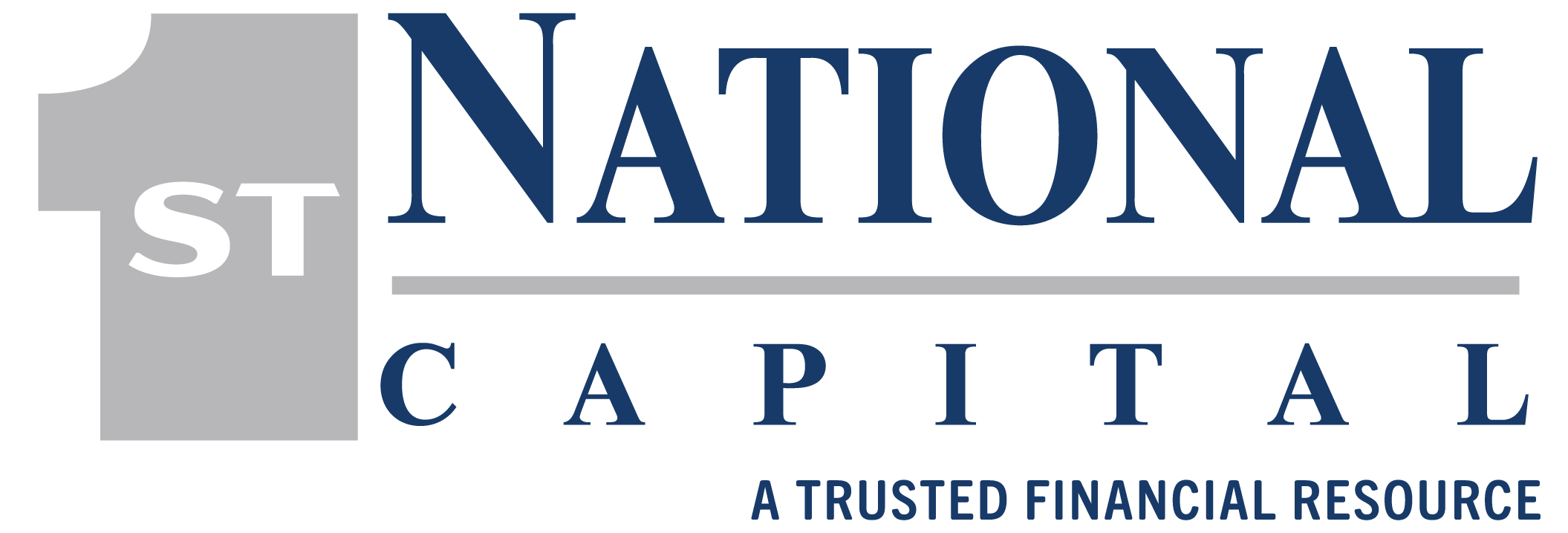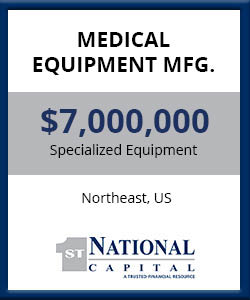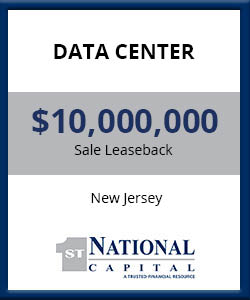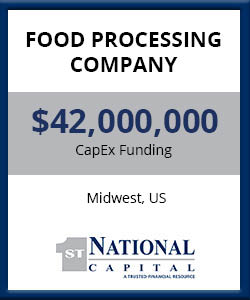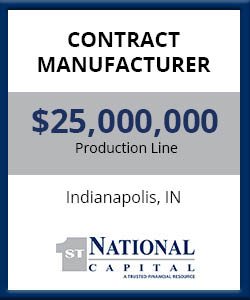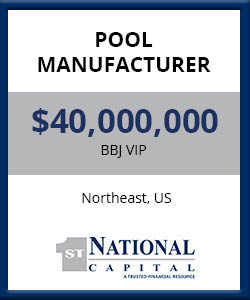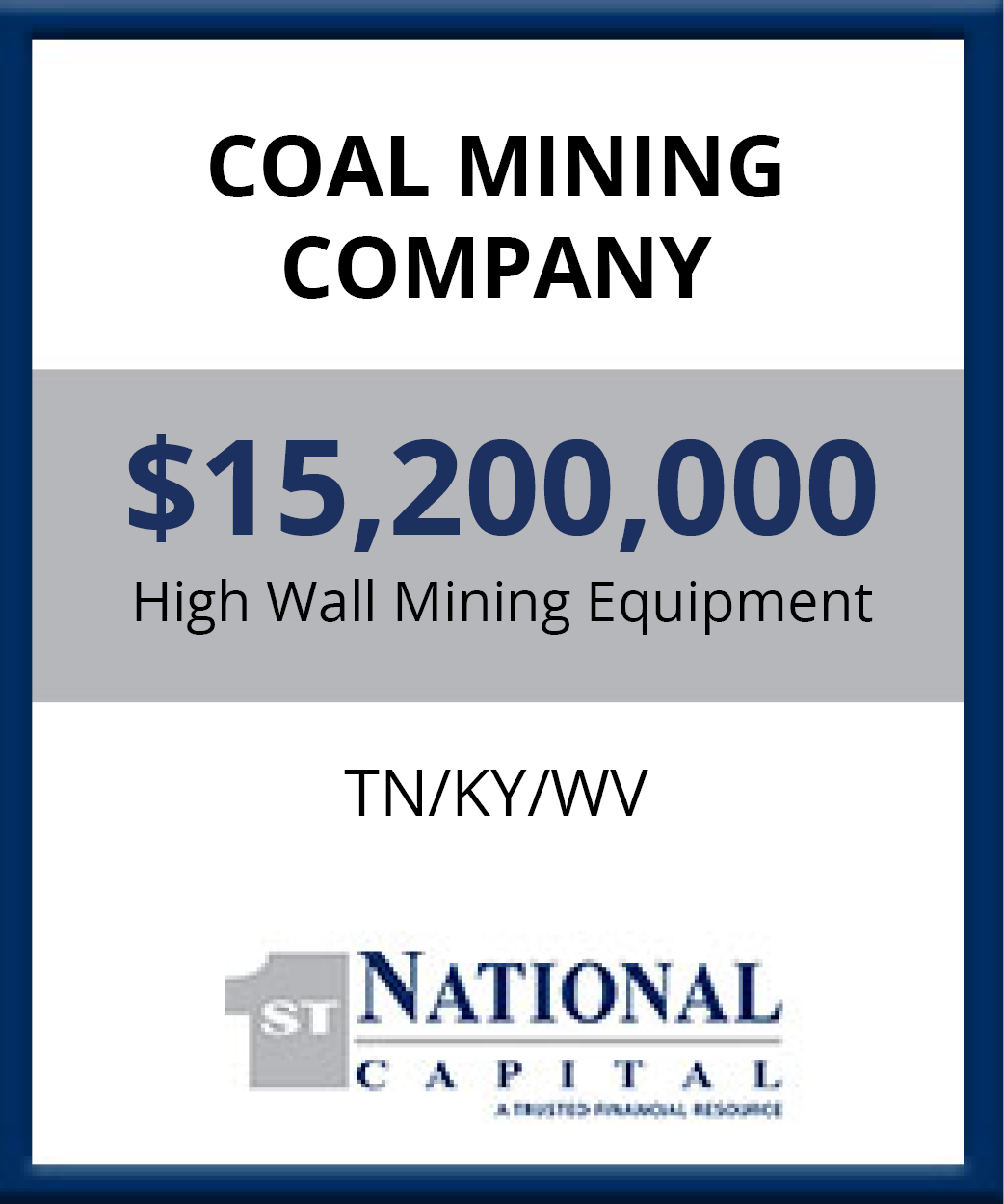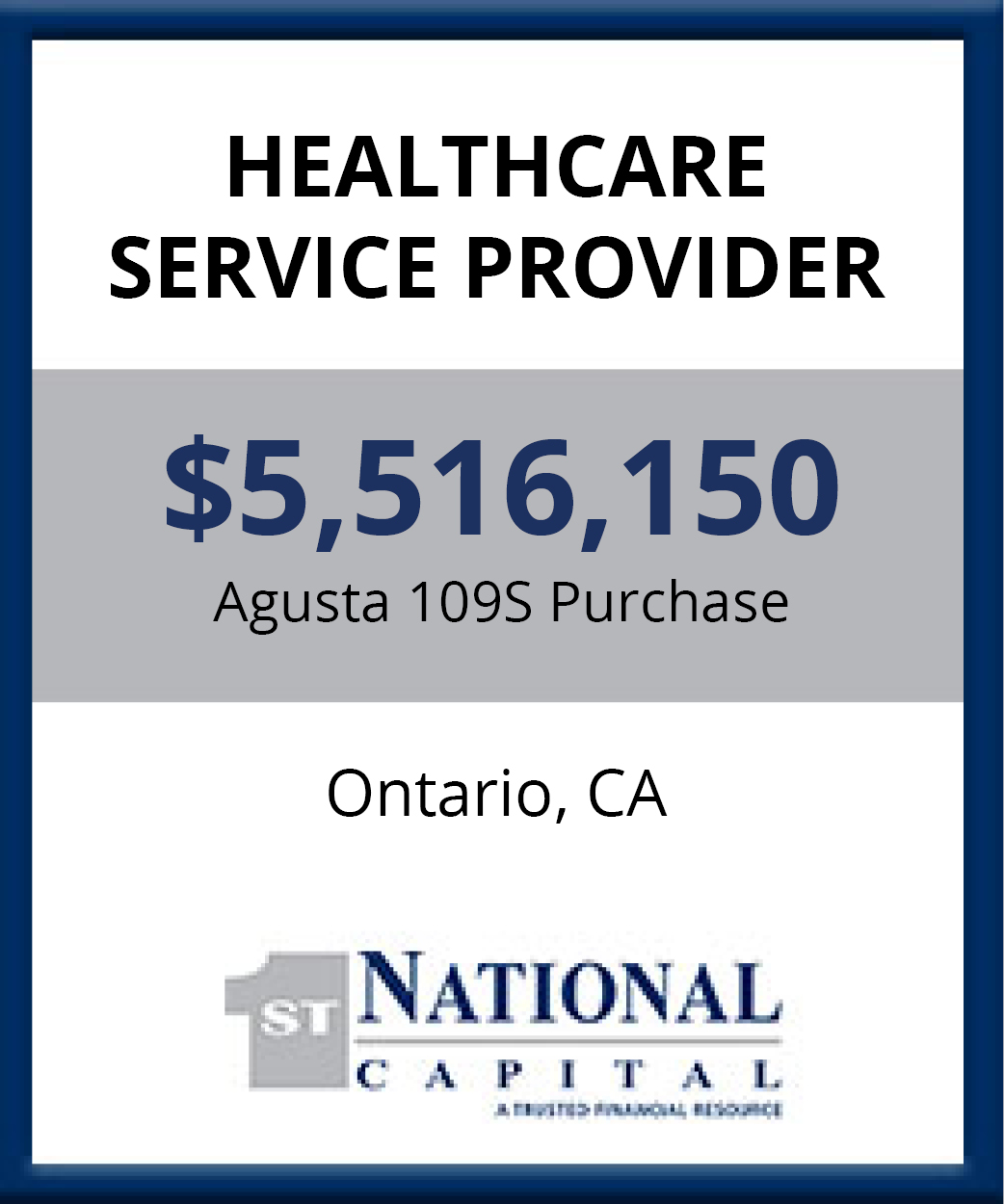Private equity firms face the ongoing challenge of enhancing the value of their portfolio companies while managing capital and cash flow. A highly effective strategy is leveraging tax benefits like bonus depreciation and Section 179 deductions to reduce costs on investments that drive growth. Strategic capital deployment into transformative technologies—such as manufacturing automation and IoT (Internet of Things)—not only boosts efficiency and scalability but also creates opportunities to save millions in taxes.
By aligning tax strategies with smart, growth-oriented investments, private equity firms can unlock exponential value across their portfolios.
Case Study 1: Driving Efficiency Through Automation and IoT
A private equity-backed manufacturing firm invested $5 million in automation and IoT-enabled technologies to address rising labor costs and production inefficiencies. The IoT systems enabled real-time monitoring of equipment, while the automation reduced dependency on manual labor.
Results:
- Tax Savings: Leveraged bonus depreciation to deduct $4 million in the first year, saving $840,000 at a 21% corporate tax rate.
- Operational Efficiency: Achieved a 20% improvement in throughput, fulfilling higher order volumes without adding labor costs.
- Cost Optimization: IoT-driven predictive maintenance reduced downtime by 25%, saving $500,000 annually.
- Value Creation: Boosted EBITDA by $3 million, strengthening the firm’s valuation and exit potential.
These efficiencies enabled the company to fund geographic expansion using tax savings, accelerating its growth trajectory.
Case Study 2: Transforming Distribution Through Automation
A private equity-owned logistics company faced challenges scaling operations due to labor shortages and inefficient manual workflows. The firm invested $3.5 million in warehouse automation, including robotic sorters and IoT-based inventory tracking systems.
Results:
- Tax Savings: Claimed $2.8 million in bonus depreciation, resulting in $588,000 in tax savings.
- Labor Savings: Reduced labor costs by 30% by automating sorting and packing processes.
- Improved Accuracy: IoT systems reduced order errors by 15%, improving customer satisfaction and reducing returns.
- Stronger Margins: Operating margins increased by 10%, driving EBITDA growth and making the company more attractive to strategic buyers.
By using a tailored lease structure, the company avoided large upfront costs, preserving cash flow for market expansion initiatives.
Case Study 3: Scaling Production for a New Product Line
A private equity-backed food and beverage manufacturer sought to launch a new product line to meet rising demand. The firm invested $4 million in specialized automation equipment, enabling rapid production ramp-up without adding labor or manual processes.
Results:
- Tax Savings: Deducted $3.2 million using bonus depreciation, saving $672,000 in taxes.
- Increased Capacity: Automation enabled a 40% increase in production capacity, ensuring the company could meet new market demand without delays.
- Faster Payback: The new product line delivered ROI within 18 months, driven by increased production efficiency and reduced costs.
- Stronger Valuation: Higher revenue and improved operating efficiencies boosted the company’s valuation by $5 million, ensuring a strong exit for the private equity sponsor.
To fund this investment, the firm utilized a tax-advantaged lease structure that deferred payments during the initial product rollout period, aligning costs with revenue growth.
The Role of Creative Lease Structures
Combining tax benefits with creative lease financing enables private equity firms to maximize ROI while preserving liquidity for other strategic initiatives.
Advantages of Lease Structures:
- Preserve Cash Flow: Spread payments over time, maintaining liquidity for reinvestments.
- Tax Optimization: Tailored leases can allow companies to claim tax benefits or transfer them to lessors for lower lease payments.
- Operational Agility: Leases can be structured with upgrade options, ensuring portfolio companies stay ahead of technological advancements.
By pairing tax-efficient leasing with growth-oriented investments, private equity firms can achieve stronger returns with lower capital outlay.
Why This Matters for Private Equity
These case studies highlight how strategic investments in automation and IoT can transform portfolio companies while optimizing financial outcomes:
- Accelerate Growth: Redirect tax savings into high-impact initiatives like new product lines or geographic expansion.
- Increase Valuations: Improved operational performance and EBITDA growth enhance exit opportunities.
- Optimize Capital Deployment: Tax-advantaged lease structures allow firms to scale investments without overextending cash reserves.
For private equity firms, leveraging tax benefits to fund automation and IoT investments is a sophisticated strategy that delivers operational and financial advantages. By combining tax savings with creative lease solutions, firms can preserve liquidity, drive growth, and achieve higher valuations across their portfolio companies.
First National Capital Can Help.
For nearly 20 years, we’ve specialized in helping private equity firms maximize tax benefits and deploy growth capital strategically. Contact us today to learn how we can help you unlock millions in tax savings while driving transformative value for your portfolio. Let’s build your success together.
